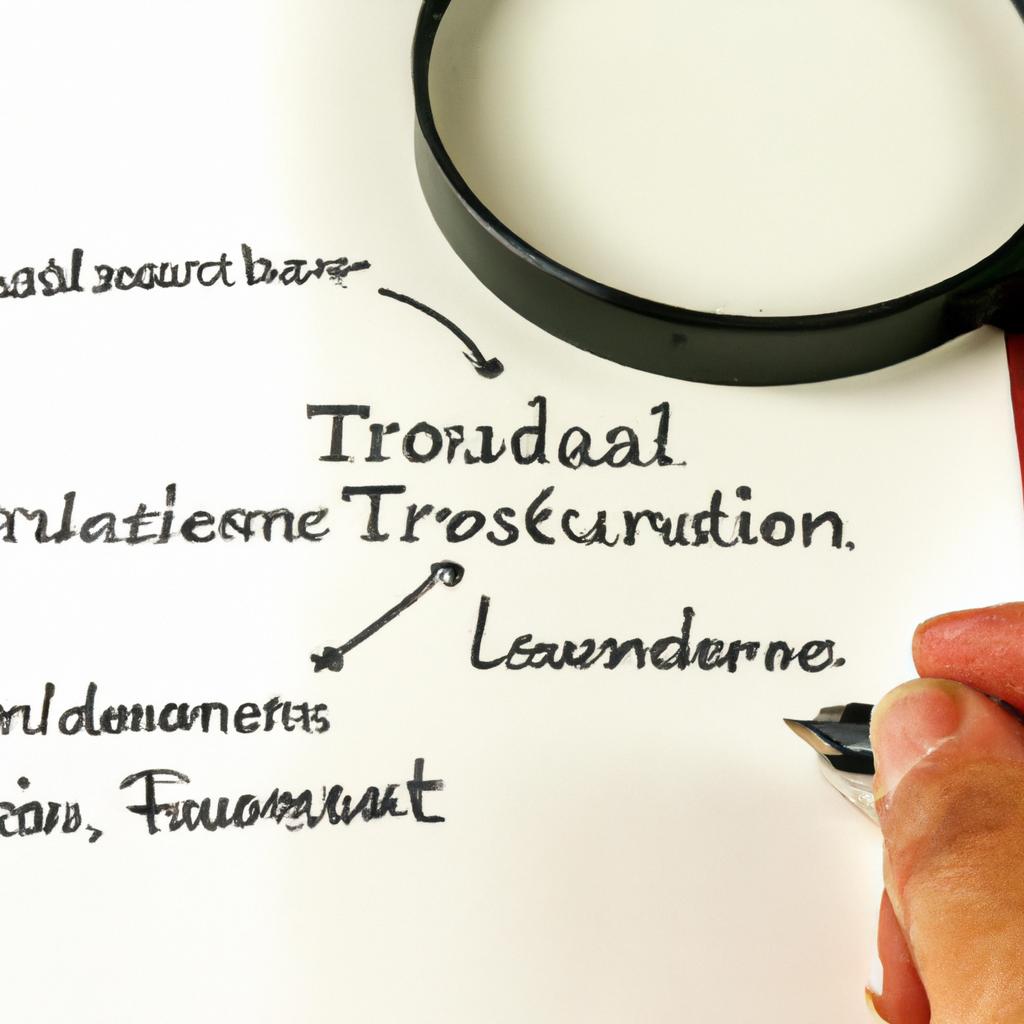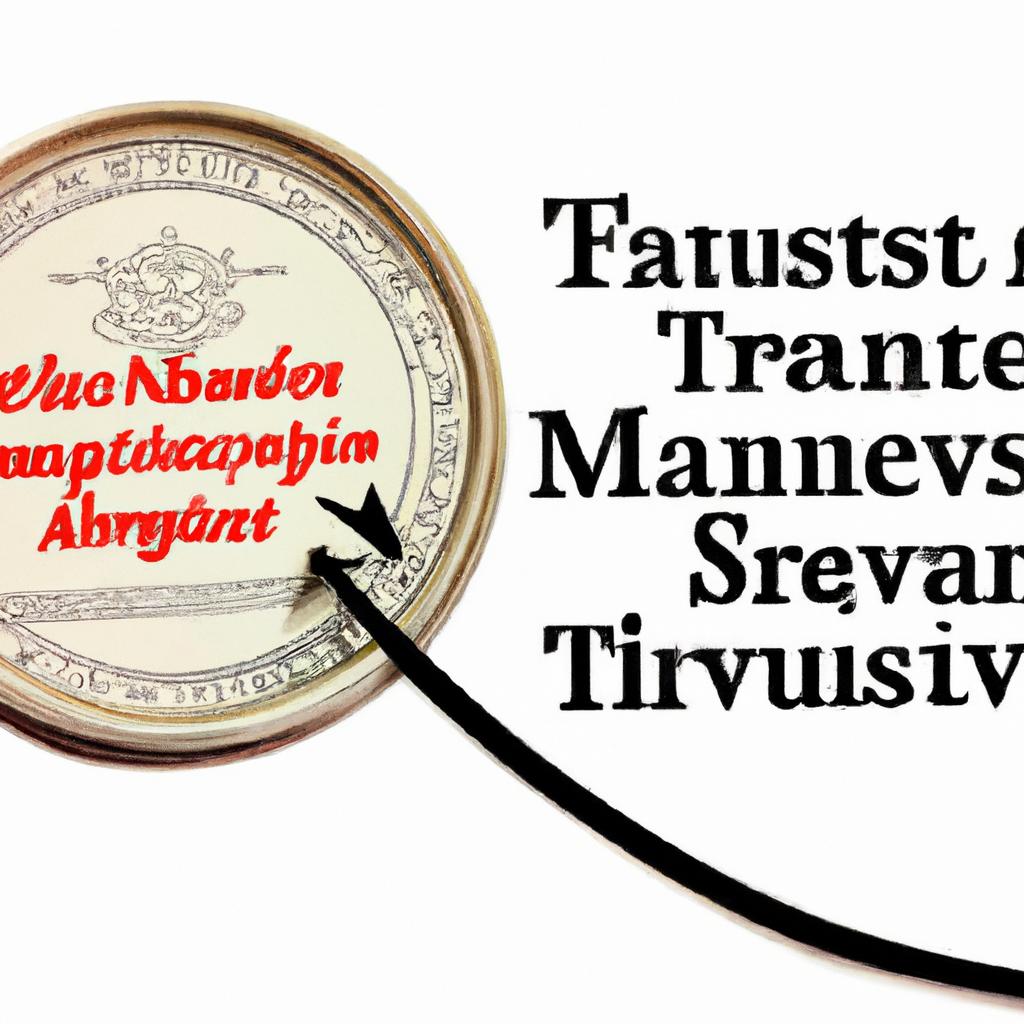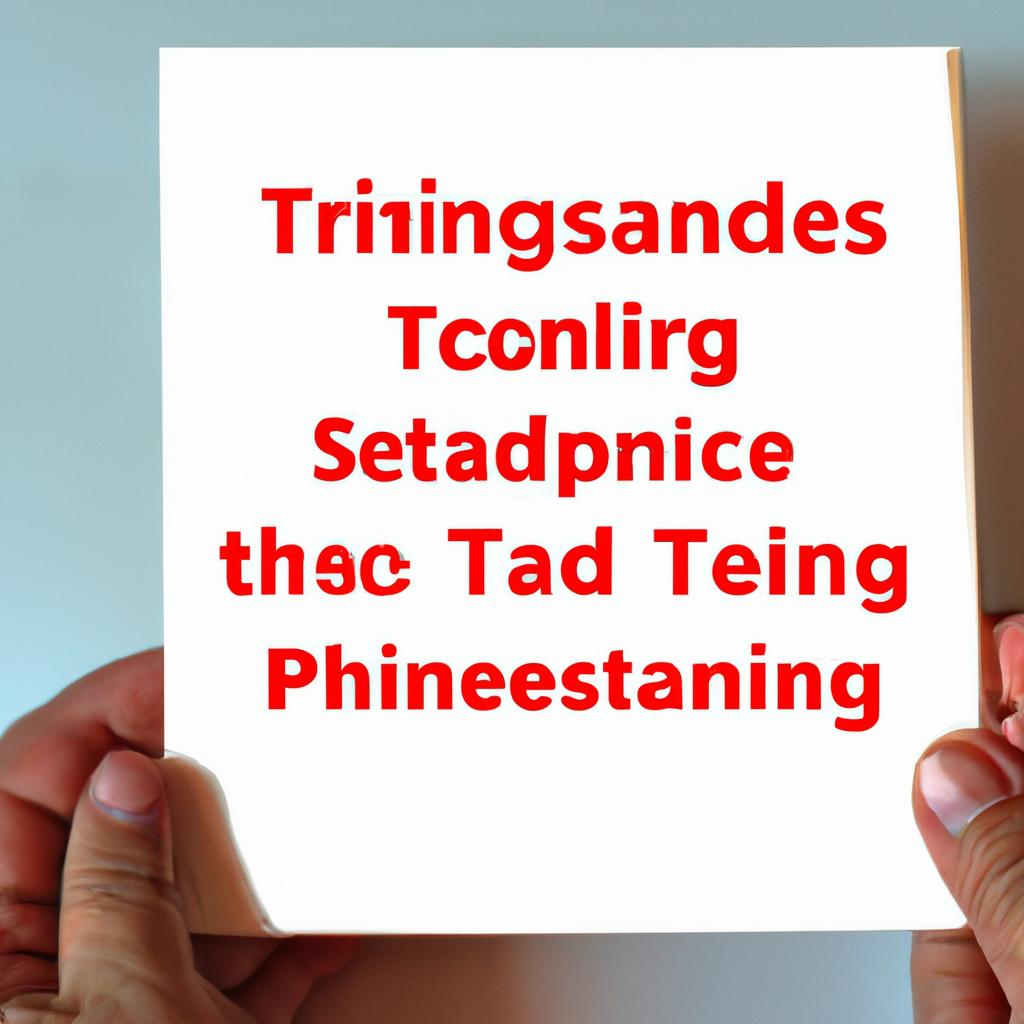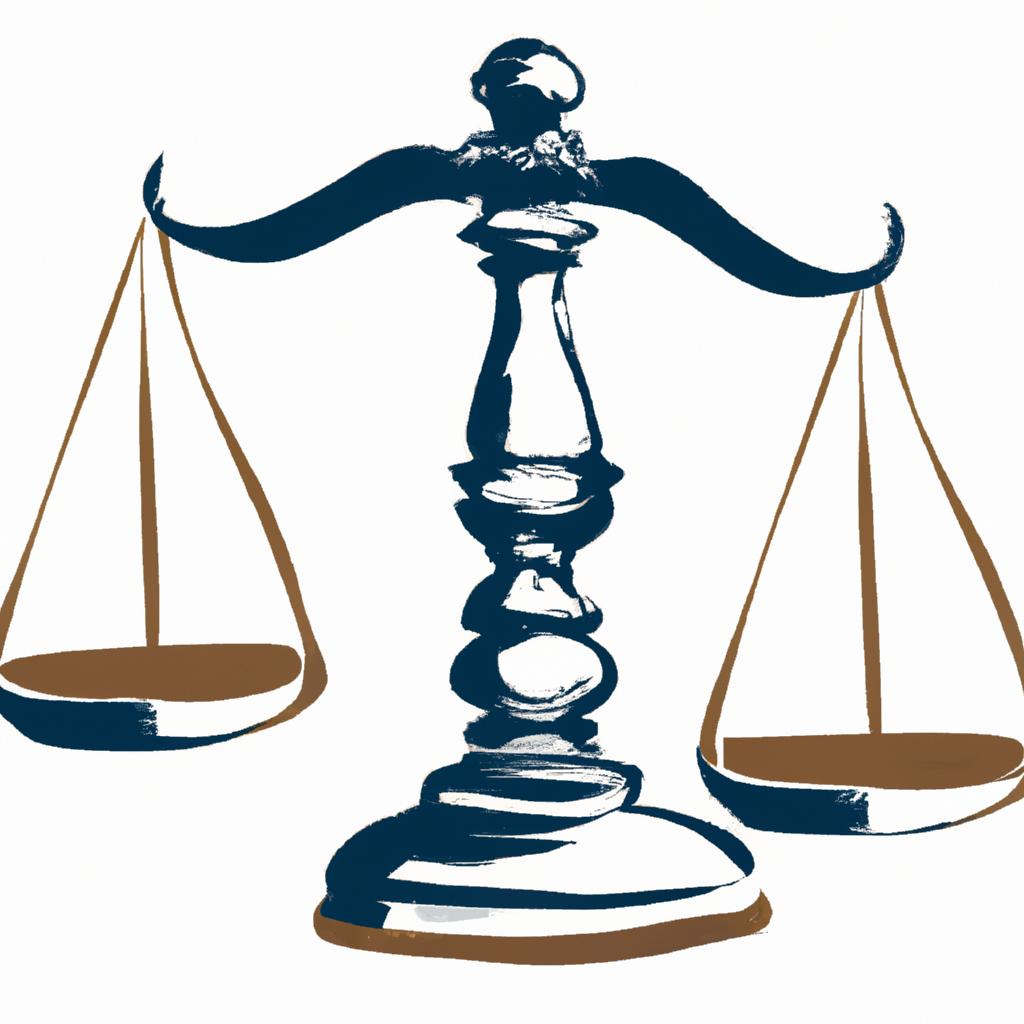In the intricate world of estate planning, few concepts are as widely misunderstood and fraught with misconception as the trust fund. Defined simply as a fiduciary arrangement in which a trustee holds assets on behalf of a beneficiary, the trust fund embodies a mechanism that transcends mere financial allocation. As seasoned practitioners in the realm of estate law, the experts at Morgan Legal Group in New York City are well-versed in the nuances of this intricate instrument and are prepared to elucidate its complexities with clarity and precision. Join us as we delve into the essence of the trust fund, unraveling its intricacies and dispelling common myths surrounding its purpose and function.
Understanding the Legal Framework of Trust Funds
Trust funds are legal arrangements that allow a person to set aside assets for the benefit of another person or entity. In a trust fund, the person who sets aside the assets is known as the “grantor,” while the person who manages the assets is the “trustee.” The assets in the trust fund can include cash, stocks, real estate, or any other valuable property.
One key aspect of trust funds is that they are governed by a legal framework that outlines the rights and responsibilities of all parties involved. This legal framework ensures that the assets in the trust fund are managed in accordance with the grantor’s wishes and that the beneficiaries receive their intended benefits. is crucial for both grantors and trustees to ensure that the trust fund operates smoothly and fulfills its intended purpose.

Key Characteristics of Trust Funds Explained
Trust funds are legal entities that hold assets on behalf of beneficiaries. Understanding the key characteristics of trust funds is essential for effective estate planning. Here are some important elements:
- Trustee: A trustee is appointed to manage the trust fund and make distributions to beneficiaries according to the terms of the trust.
- Beneficiaries: Beneficiaries are the individuals or organizations that will receive the assets held in the trust fund.
- Terms: The terms of the trust dictate how the assets are to be managed and distributed, including any conditions or restrictions.
Additionally, trust funds can be revocable or irrevocable, depending on whether the grantor retains the right to modify the trust. Furthermore, trust funds can be used for a variety of purposes, such as providing for minors, charitable giving, or protecting assets from creditors. Understanding these key characteristics is crucial for creating a trust fund that aligns with your estate planning goals.

Navigating the Benefits and Limitations of Trust Funds
Trust funds are powerful financial tools that can provide individuals with a structured way to manage their assets and provide for their loved ones. These funds are typically set up by a grantor who appoints a trustee to oversee the distribution of assets according to the terms of the trust. **Trust funds offer a range of benefits, including asset protection, tax savings, and the ability to control the distribution of assets over time. However, it is important to be aware of the limitations of trust funds, such as the costs associated with setting up and maintaining a trust, as well as the restrictions on how assets can be used.**
When considering setting up a trust fund, it is crucial to seek professional advice from an experienced estate planning attorney. An attorney can help you navigate the complexities of trust fund management and ensure that your assets are distributed according to your wishes. With careful planning and guidance from a legal expert, you can maximize the benefits of trust funds while minimizing the potential limitations. Trust funds can be a valuable tool for estate planning, but it is essential to understand how they work and how they can best serve your financial goals. Trust funds can be tailored to meet your specific needs and objectives, so working with a knowledgeable attorney can help you make informed decisions about your financial future. Trust funds may not be suitable for everyone, but for those looking to protect and manage their assets efficiently, they can offer a practical solution. Trust funds should be considered as part of a comprehensive estate plan that takes into account all aspects of your financial situation. Trust funds can be a valuable addition to your estate planning strategy, providing a secure way to manage your assets for the benefit of yourself and your loved ones.
Practical Strategies for Establishing and Managing Trust Funds
Trust funds are powerful tools that can be utilized to protect and manage assets for the benefit of designated beneficiaries. When establishing a trust fund, it is essential to carefully consider the following practical strategies:
- Clearly define the purpose of the trust fund and identify the beneficiaries
- Select a reliable and trustworthy trustee to manage the fund
- Ensure that the trust fund is properly funded with appropriate assets
- Establish clear guidelines and instructions for how the trust fund should be managed and distributed
Managing a trust fund requires diligent oversight and attention to detail. It is essential to follow these practical strategies to ensure the effective and efficient management of trust funds:
- Regularly review the performance of the trust fund and make necessary adjustments as needed
- Communicate openly and transparently with beneficiaries about the status of the trust fund
- Comply with all legal and regulatory requirements governing trust funds
- Work with experienced professionals, such as estate planning attorneys, to navigate complex trust fund issues
Q&A
Q: What is a trust fund?
A: A trust fund is a legal entity that holds and manages assets on behalf of one or more beneficiaries.
Q: How does a trust fund work?
A: A trust fund is created by a grantor who transfers assets to a trustee, who then manages the assets according to the terms of the trust for the benefit of the beneficiaries.
Q: Who can benefit from a trust fund?
A: Beneficiaries of a trust fund can be individuals, families, charities, or other entities designated by the grantor.
Q: What are the benefits of a trust fund?
A: Trust funds offer asset protection, estate planning benefits, and the ability to designate how and when beneficiaries can access the funds.
Q: Can anyone set up a trust fund?
A: Yes, anyone can set up a trust fund as long as they comply with the legal requirements for creating and managing a trust.
Q: Are trust funds only for wealthy individuals?
A: Trust funds are often associated with wealthy individuals, but they can be beneficial for anyone looking to protect and manage their assets for the benefit of themselves or others.
In Conclusion
In conclusion, understanding the simple definition of a trust fund can provide clarity and insight into the world of finance and estate planning. Whether you are a beneficiary or a trustee, having a solid grasp on the concept of a trust fund is essential for managing and growing your wealth. By navigating the complexities of trust funds with knowledge and confidence, you can ensure the financial security and stability of future generations. Trust funds may be a complex subject, but with the right understanding, they can be a powerful tool for securing your financial future. Stay informed, stay empowered, and trust in the potential of trust funds to shape your legacy.

